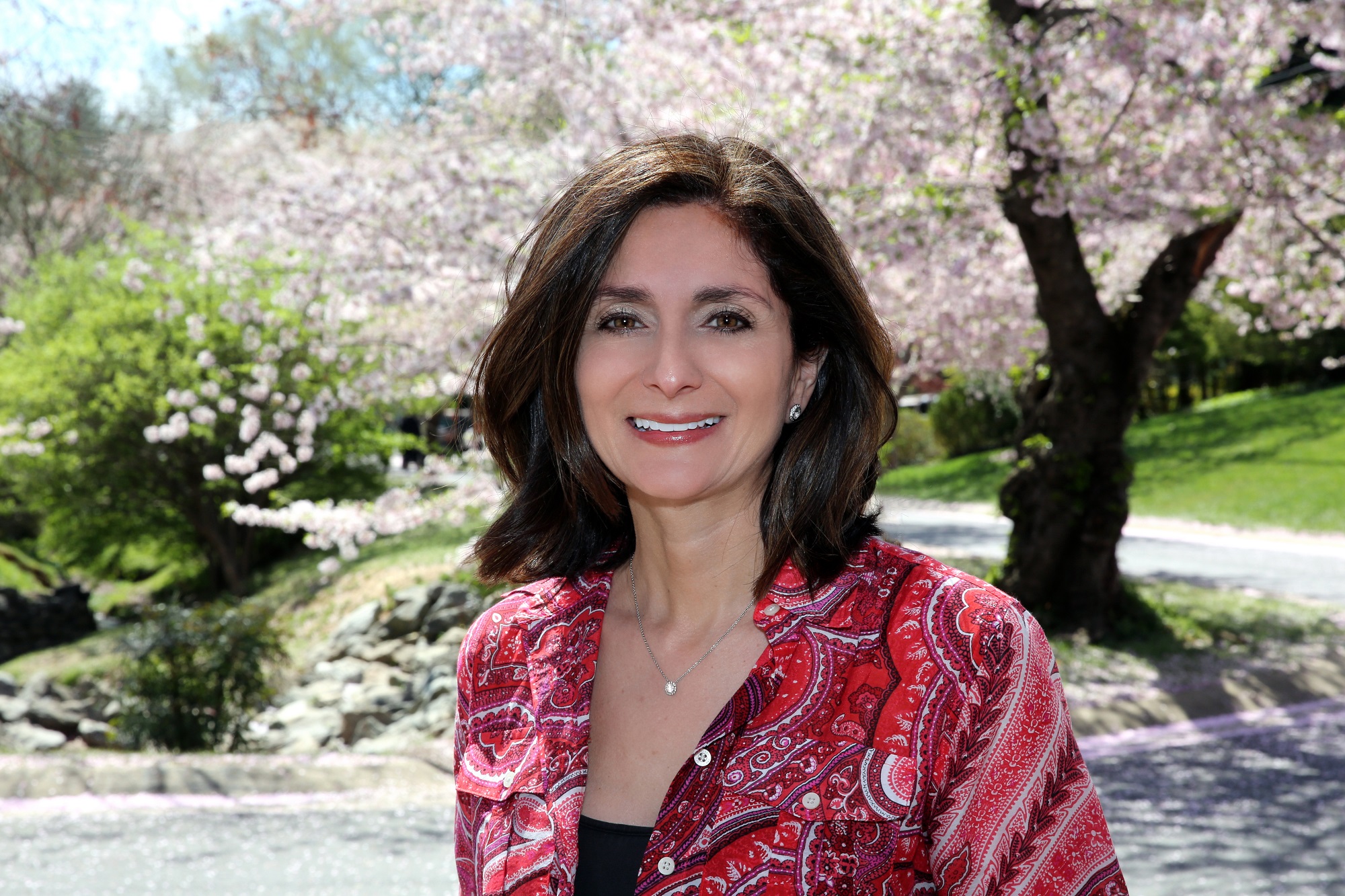In the December 2011 issue of Psychology Today there is a great article by Annie Murphy Paul entitled “The Uses and Abuses of Optimism and Pessimism.” She goes on to explain that while an optimistic view is great for providing us with hope, pessimism is a useful protective mechanism for our ego. If your expectations are low, you can only be pleasantly surprised; meanwhile eternal optimists run the risk of being greatly disappointed. (Never is the point clearer to us all than in the dating context.) Ultimately her point is that you need to have both outlooks, and use them appropriately in the right situations.
After my divorce in 2005, my friends encouraged me to be cautiously optimistic. You obviously need to have hope to rebuild a new life on your own– you need positive energy to establish a warm home, make new friends, create your own traditions, and solidify your place in the workforce. But with all these major undertakings, you need to be careful and act with prudence. Not everyone that wants to be part of your new world deserves to be in it. Pace yourself as you make big changes, and don’t be afraid to hit the brakes if something doesn’t feel right.
It’s funny, because as a child I was naturally inclined to be quite an optimist, but as a lawyer, I was trained at an early age to be a bit critical, some would say pessimistic. This is how I learned that you really need both views to move forward: you hope for the best, but plan for the worst.
Remaining optimistic these days, given the state of our economy and morale in this country right now, is not easy, but it is actually critical to our survival that we continue to have hope in better days ahead. The same is true for anyone currently dealing with a difficult personal issue or relationship in crisis right now, especially right before the holidays. We all need to be able to believe in a brighter future, but not without taking about some measured steps to protect ourselves and address some of our own problems.
Hopefully you can surround yourself with both optimists and pessimists, who can help you embrace a cautiously optimistic view– still hoping for the best, but not expecting it to just happen.
By Regina A. DeMeo, Esq.








